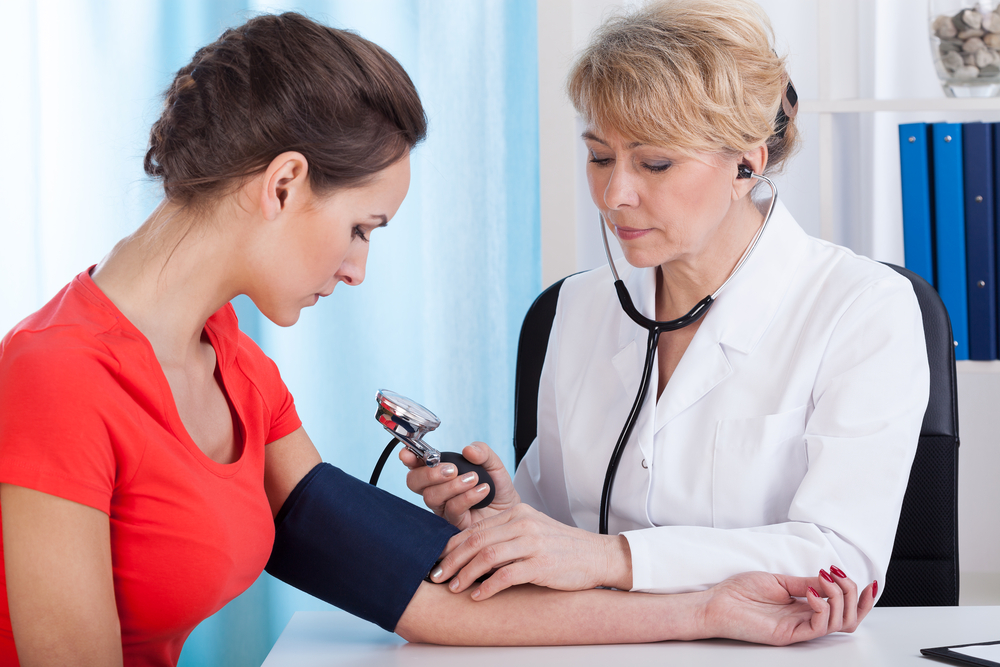Your Blood Pressure Reading Could Be Off

If you’ve been diagnosed with hypertension, more commonly known simply as high blood pressure, don’t despair. For one thing, even if it’s true, there’s plenty that can be done medically and it’s hardly a death sentence. Secondly, if your readings are somewhat borderline, you may or may not actually be suffering from blood pressure that’s too high. To be sure, if it’s borderline, you could probably benefit from lifestyle changes to lower your blood pressure, but you might not need that blood pressure medication that was prescribed for you.
That said, before we go any further, it’s incredibly important to remind you that you should take all medication as prescribed and follow all instructions from your doctor until and unless you talk to your primary care physician about it. If you feel you need to change doctors for one reason or another, do so, but again, don’t discontinue any medication or advice from your previous doctor until you get set up with a new one and get a second opinion from them. This can’t be emphasized enough.
Now, with that out of the way, let’s talk about inaccurate blood pressure readings, and why you might want to bring up some cogent points with your doctor about how your readings might be inaccurate.
Manual Blood Pressure Devices Are Still Used by Over Half of Physicians
Why is this a problem? Well, quite simply, it’s severely outdated; medical technology has advanced to the point where blood pressure readings can be taken much more reliably with automatic devices. Granted, manual measurements are considered acceptably accurate when done correctly, but many medical professionals—while they are most certainly correctly trained and capable of accurate measurements—do so many a day that they sometimes get sloppy. And because only one measurement is typically taken when measuring blood pressure manually, there’s not a lot of margin for error.
White Coat Syndrome
Here’s the thing about blood pressure: it changes from moment to moment. When you’re stressed or anxious, your blood pressure can rise temporarily, but as soon as you calm down again, it goes back to baseline. The baseline is what physicians are measuring for, but doctor’s offices often make people nervous, which can lead to doctors measuring not the baseline, but an elevated blood pressure due to stress or nerves. This is why it’s best to take several readings, preferably when the patient is alone in the room (thus one more advantage of automatic machines) over 10 to 15 minutes, so an average can be taken or outliers thrown out to get a truly accurate reading. If your doctor’s office isn’t willing to do this, you could request that they at least take multiple measurements for posterity, or you could look into getting your own automatic blood pressure measuring device for home use (just be careful and make sure you get one that’s considered as accurate as possible).
Lifestyle Changes Are the Best Medicine
Don’t go throw away your blood pressure prescription bottles just yet—remember what we said about following doctor instructions and taking all meds as prescribed until you can see your doc again, or get a second opinion from another licensed medical professional—but consider that lifestyle changes are widely considered to be the best treatment for hypertension. Try to get at least 20 minutes of moderate to vigorous cardiovascular exercise at least three times a week (but more is even better!), lay off the fats and cholesterol, and in general make sure you eat a healthy, balanced diet rich in fruits and veggies—especially dark, leafy greens. With any luck, your doctor may give you permission to go off the pills soon enough if your hypertension starts to go away with lifestyle changes!

